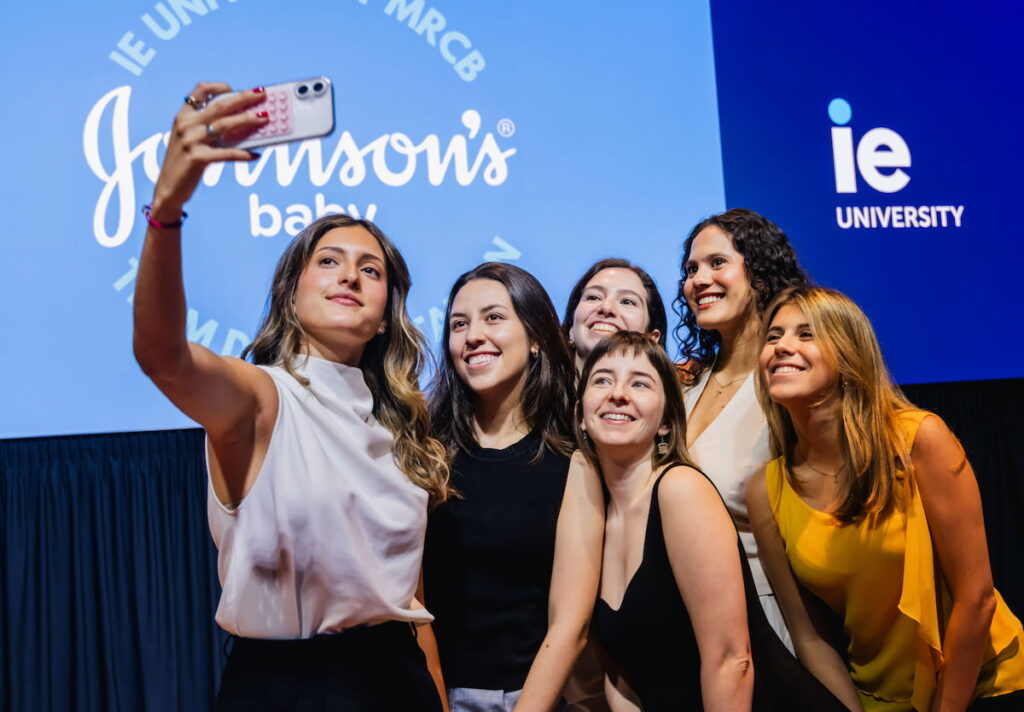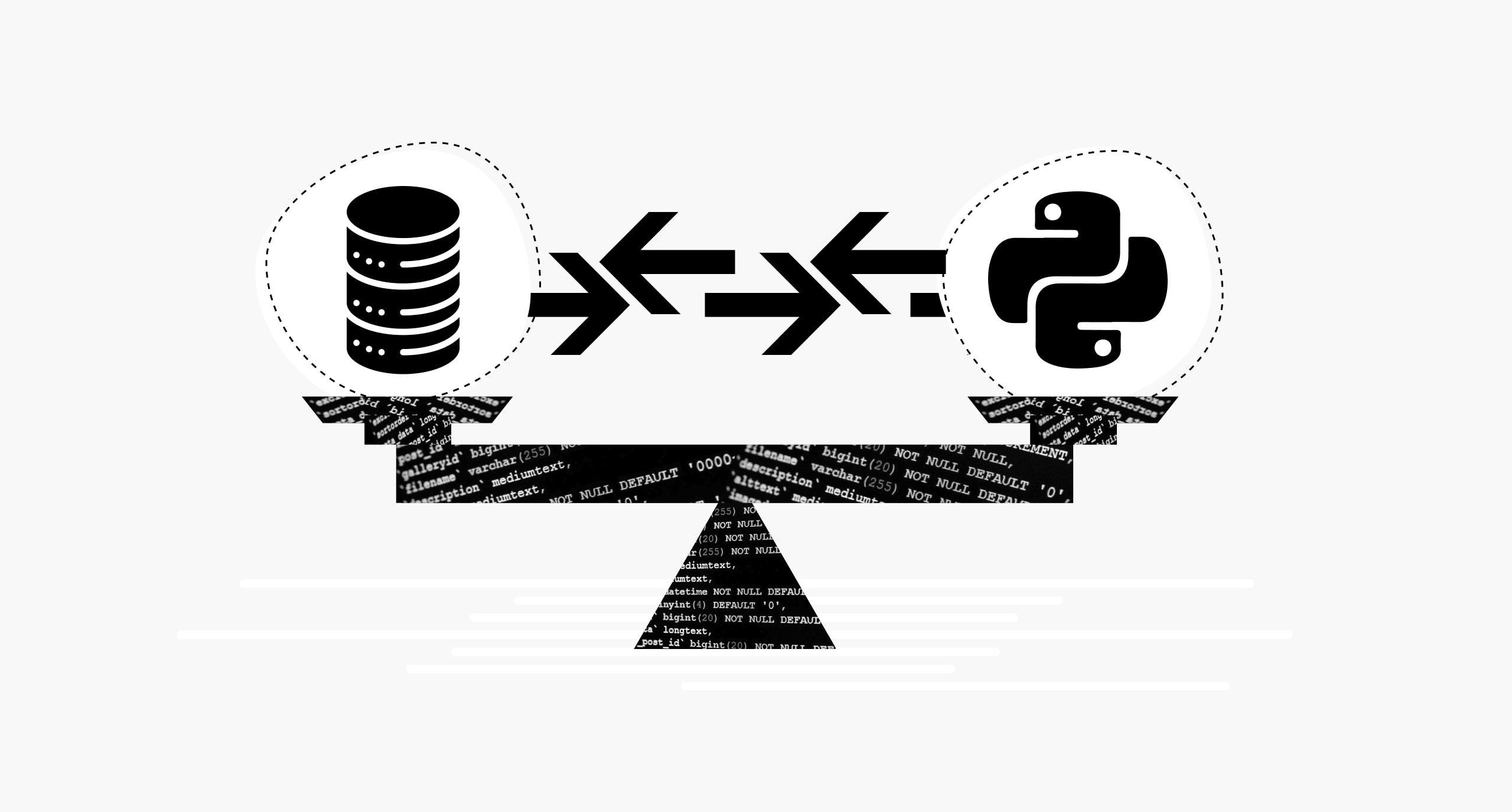What is the difference between marketing and branding? It’s an oft-repeated question for businesses trying to draw lines between actions and objectives. Fortunately though, throwing light on the branding vs marketing debate can have major benefits in the long run.
Let’s get into the details.
What is the main difference between branding and marketing?
With branding and marketing, it all comes down to purpose. Branding is all about who you are. Identity, values, mission, culture. It’s how customers perceive you, with a sense of consistency throughout interactions, ultimately building up an emotional rapport.
Now, what is marketing? In short, it’s how you communicate that brand to the world. Think tactics, actions, tools and campaigns that connect you with customers on a daily basis. Good marketing can be adaptable and dynamic, working across channels like social media, search engines and traditional media to target your ideal buyer.
Why is branding important in marketing?
Branding’s important in shaping how consumers perceive your company. And that perception needs to be consistent across all touchpoints. Unfortunately, many think branding is just your visual elements. It’s not. Branding is how you continually define, create and manage your identity. When done well, branding can establish a trusting customer base who can be targeted with appropriate marketing actions. When done badly, branding and marketing become disconnected, with no unified message across campaigns.
Perhaps the most important aspect of branding is that it differentiates you from competitors. That, in turn, attracts investors, partners and customers. Because of that emotional rapport you have with customers, they’re more likely to refer others. And you gradually foster positive associations for long-term success.
In terms of culture, employees who align with a brand’s mission and values are more engaged, productive and committed—turning them into authentic brand ambassadors.

All of these aspects of trust and loyalty are crucial in today’s saturated markets, where consumers are overwhelmed with choices. In essence, branding vs marketing is all about what gives your actions meaning, purpose and direction.
Can a business succeed with only marketing and no branding?
In theory, yes. If your product is in high demand or has a customer base through consistent service or convenience, then you may get away with a lackluster brand. It’s true that much of business success is based on pricing and quality. That tends to be when customers buy out of habit or necessity rather than an emotional connection. Which is great, but it’s not self-sustainable. Marketing is about short-term gains. Branding bets on the long term.
In crowded markets, where consumers are overwhelmed by choices, a recognizable and authentic brand can be the deciding factor in their purchase decisions.

Poor or nonexistent branding can also create serious limitations. Without it, businesses struggle to charge premium prices. An emotional connection can convince customers to pay a little more. If your design, messaging and tone are inconsistent, then you’ll confuse potential buyers out of that luxury. Ultimately, branding transforms a business from being just another option to becoming the preferred choice.
How do branding and marketing work together?
What is branding and marketing effectively all about, then? This is where synergy comes into play. Branding is foundational and somewhat static. Marketing, on the other hand, is tactical and fluid, adjusting to trends and market demands. When aligned, they strengthen each other: branding gives marketing consistency and purpose, while marketing amplifies and reinforces the brand’s message. After all, what is branding without concrete actions to reach the consumer?
At IE Business School, we teach students how to build that alignment from the ground up. Our marketing, communication and sales programs cover both strategic brand development and hands-on marketing execution—helping students understand how to create lasting brand value while staying agile in a fast-moving landscape. The goal is to give future professionals the ability to connect with consumers across platforms, using both data and creativity to drive real results.
Core to our teaching at IE Business School is finding ways to resonate with an audience through concrete, scientific insights.

This is, as our Vice Dean Dushinka Karani says, the key to bringing storytelling closer to storyliving. Whether you’re interested in digital marketing, brand strategy, communications, or innovation, our programs prepare you for the full spectrum of challenges in today’s market. You’ll graduate ready to lead, with a clear understanding of how to bring brand and marketing together to build strong, lasting customer relationships. If you’re ready to take the next step, explore our programs and see where they can take you.
Understand branding vs marketing with IE Business School
Choose from a range of dynamic master’s programs in marketing, communication and sales.

Benjamin is the editor of Uncover IE. His writing is featured in the LAMDA Verse and Prose Anthology Vol. 19, The Primer and Moonflake Press. Benjamin provided translation for “FalseStuff: La Muerte de las Musas”, winner of Best Theatre Show at the Max Awards 2024.
Benjamin was shortlisted for the Bristol Old Vic Open Sessions 2016 and the Alpine Fellowship Writing Prize 2023.


















